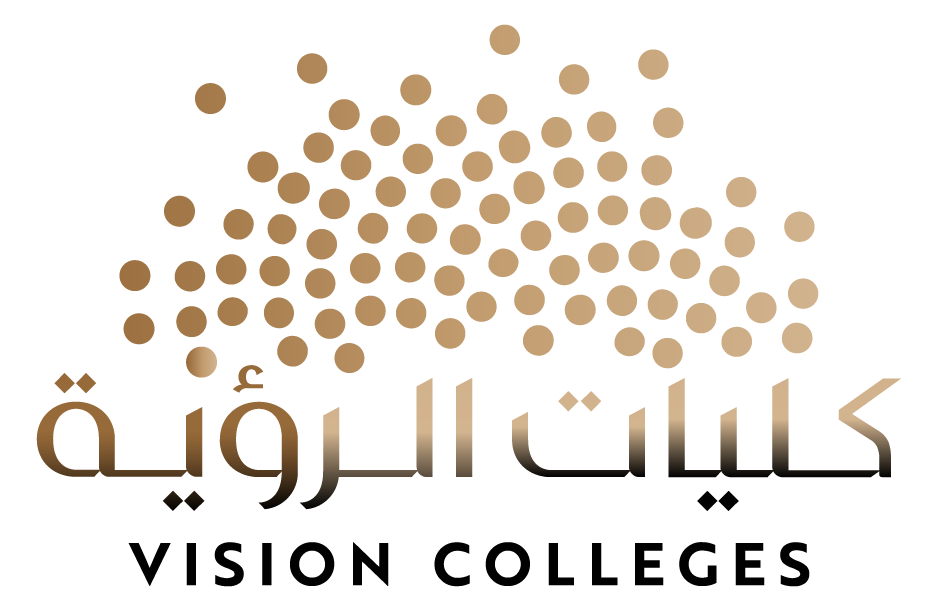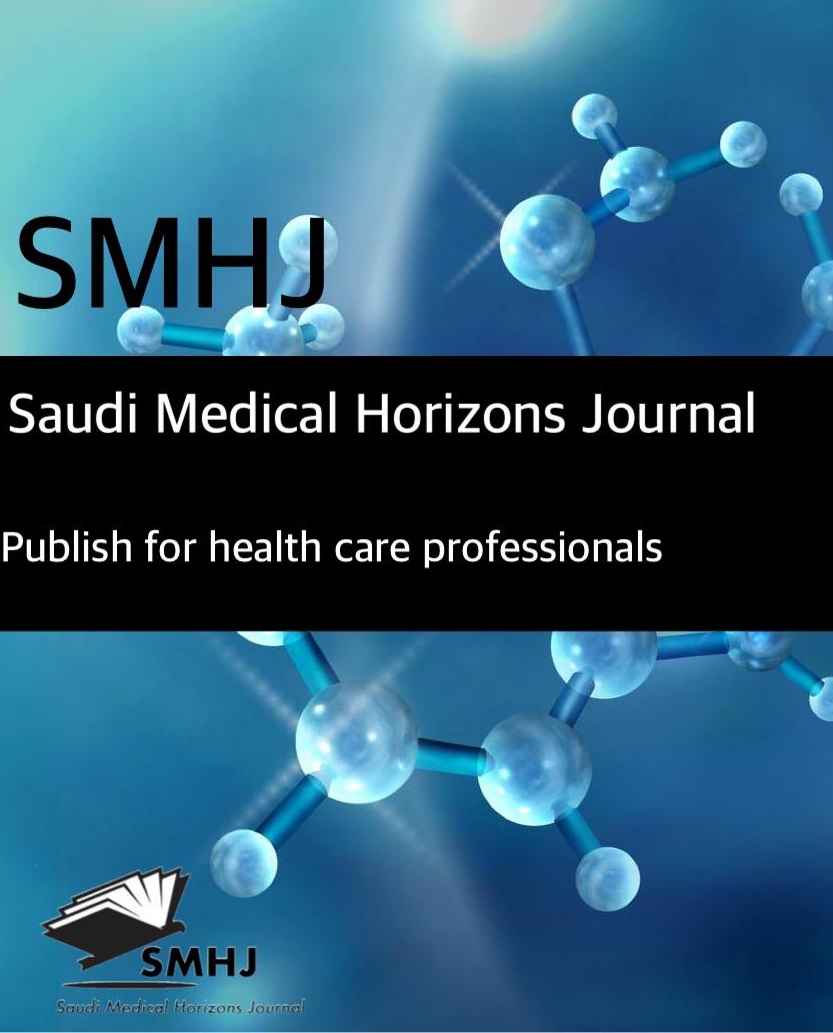Educational Curriculum to Improving Clinical Outcome On Gestational Diabetes During Pregnancy
DOI:
https://doi.org/10.54293/smhj.v3i2.77Keywords:
gestation, gestational diabetes, pregnancy, education, clinical outcomesAbstract
Gestational diabetes mellitus, often known as GDM, is a severe disorder that can occur during pregnancy. It has been linked to an increased risk of developing type 2 diabetes in the future, in addition to stillbirth and birth malformations. The prevalence of type 2 diabetes has increased at an alarming rate over the past 20 years, with factors including ethnicity, sedentary lifestyles, and obesity all playing a role. Nevertheless, the pathology and management of the various kinds of diabetes are fundamentally distinct from one another. Both type 2 diabetes and gestational diabetes have a pathogenesis that is very similar to one another. Because of this, a number of the management strategies for type 2 diabetes and gestational diabetes are the same. These strategies include interventions that are centred on food. Education in diabetes self-management and medical nutrition therapy have both been advocated as cost-effective treatments for the control of hyperglycemia. However, the majority of these treatments were initially developed for people with type 2 diabetes and subsequently adapted for pregnant women with the condition.
For women with GDM, the challenge of achieving a healthy pregnancy and a satisfactory birth result necessitates a multidisciplinary approach and close provider teamwork. Pregnant women's education is one of the essential components for the effective management of GDM. It has been demonstrated that patient education enhances quality of life, encourages improved compliance, and lowers problems and medical expenses.
Downloads
Published
How to Cite
Issue
Section
License
Copyright (c) 2023 Saudi Medical Horizons Journal

This work is licensed under a Creative Commons Attribution 4.0 International License.



